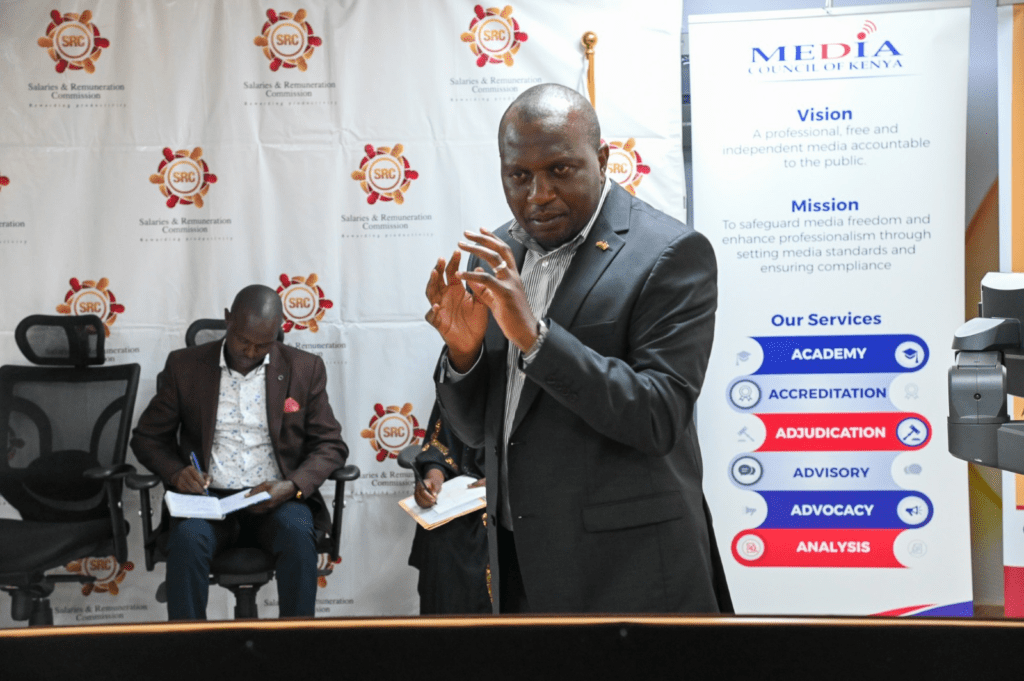The Media Council of Kenya (MCK) has cautioned individuals against using fraudulent means to obtain press cards, including submitting fake academic certificates and recommendation letters.
In a statement on Friday, January 31, the council emphasized that all accreditation requirements undergo rigorous verification in collaboration with media houses and educational institutions, both locally and internationally.
“The MCK conducts thorough verification of all submitted accreditation requirements, including academic qualifications, in collaboration with media houses and educational institutions within Kenya and internationally. Several cases of fraudulent documentation have been identified, reported to the relevant authorities, and are currently under investigation,” the statement read.
MCK further warned that providing false information is a violation of the Media Council Act, which carries penalties including a fine, imprisonment, or both.

“The MCK notifies all accreditation applicants that the submission of fake academic certificates and recommendation letters is a violation of Section 48 1 (C) of the Media Council Act 2013. This section stipulates that any person who knowingly provides false or misleading information to the Council is guilty of an offense and, upon conviction, is liable to a fine not exceeding Kenya Shillings Two Hundred Thousand, imprisonment for a term not exceeding six months, or both,” the statement added.
Additionally, the council stressed that all recommendation letters must be on official letterhead and signed by authorized persons to ensure authenticity.
“MCK advises all press card applicants that recommendation letters must be submitted on official letterhead and signed by authorized persons,” the statement concluded.






![SHA Suspends Dozens of Health Facilities Over Alleged Fraud [LIST]](https://citymirror.ke/wp-content/uploads/2024/12/image-14-218x150.png)
